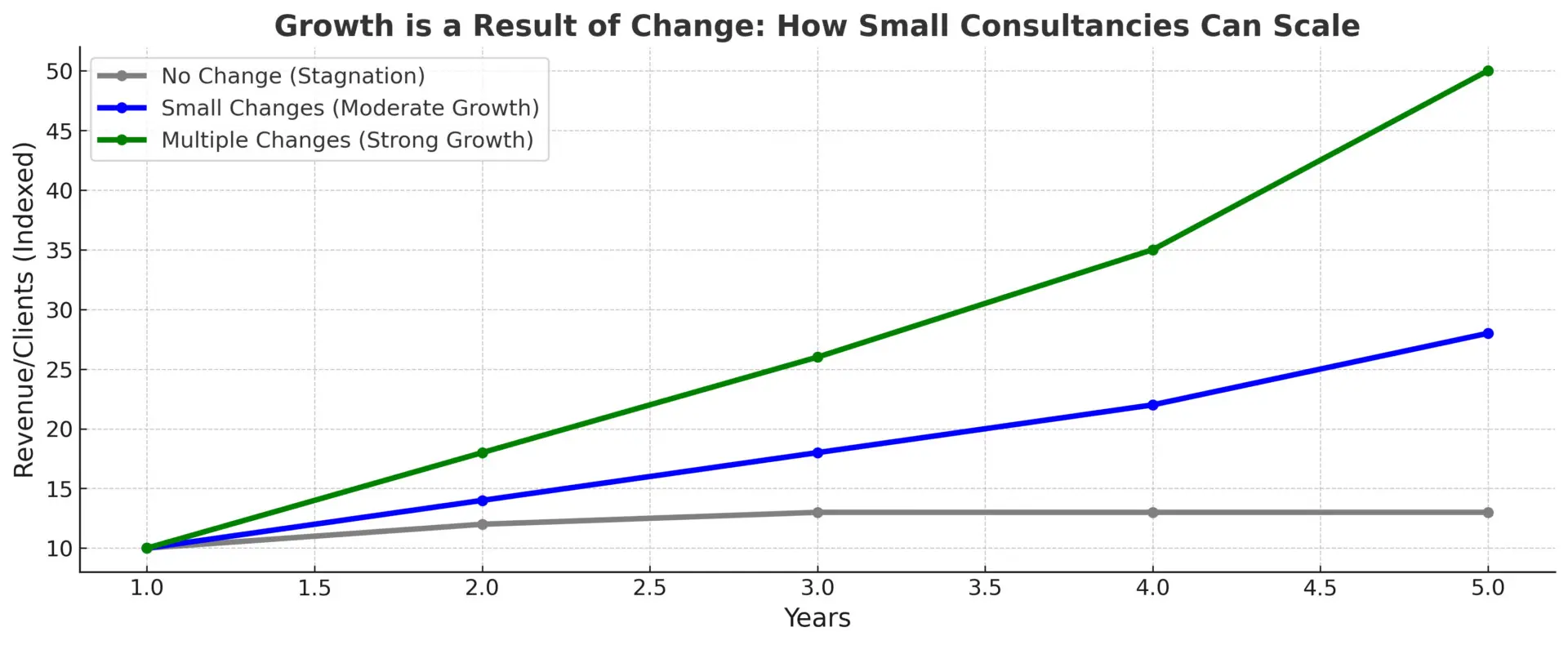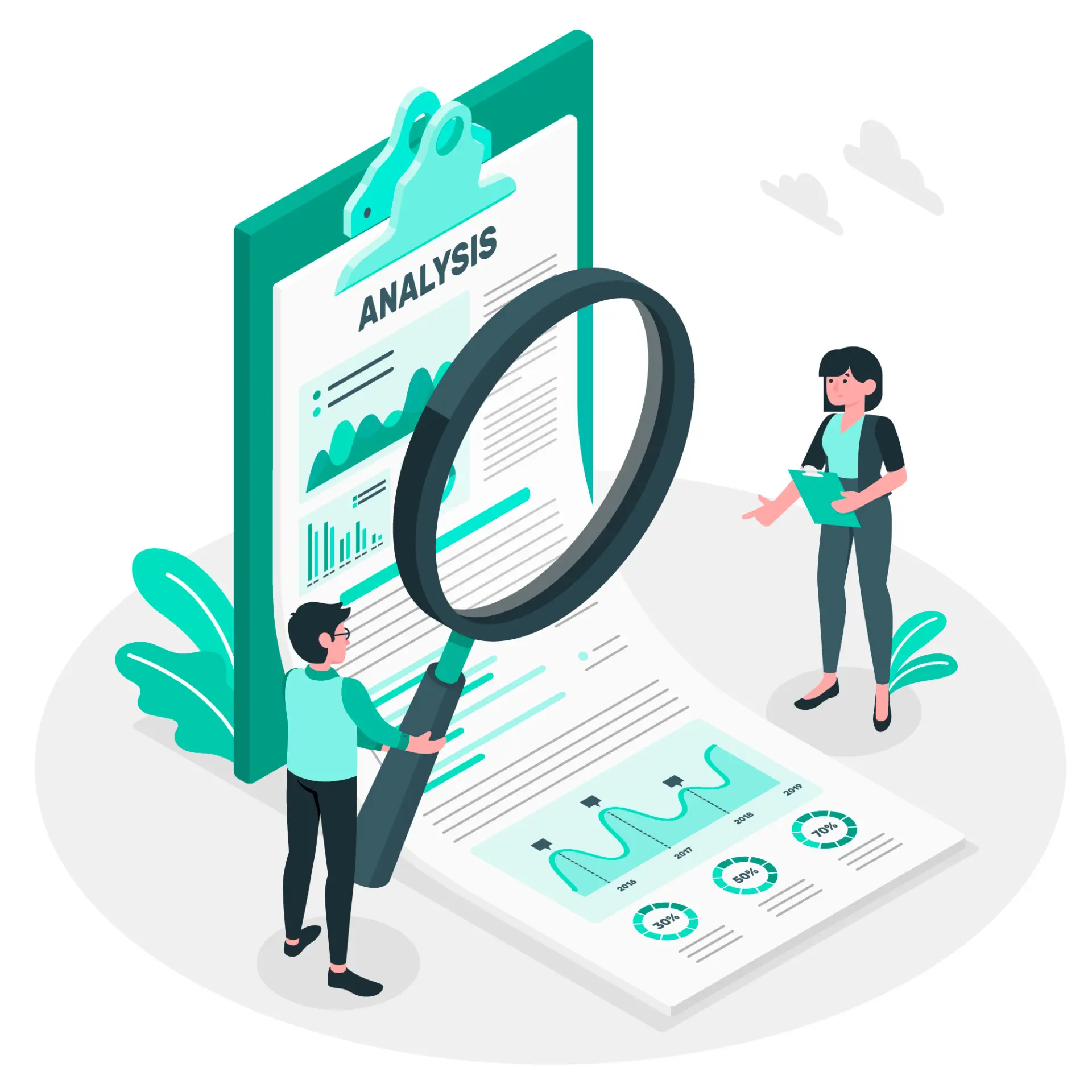
In today’s competitive real estate market, well-structured strategic plans are not just beneficial; they are essential for maintaining a competitive edge. Navigating the fast-paced and ever-evolving landscape of real estate demands more than intuition—it requires a clear roadmap. Essential tools like a business strategy, marketing plan, sales plan, budget, and data strategy provide a foundation for sustainable growth, efficient resource allocation, and agile decision-making. However, to unlock their full potential, these plans must be grounded in solid data.
Clear Direction and Focus
A comprehensive business strategy gives a real estate agency a clear sense of direction. It defines who the agency is, whom it serves, and where it aims to go. Without this foundation, an agency can easily fall into a reactive approach, losing sight of long-term goals and missing opportunities to establish a strong market presence. By outlining a unique value proposition and setting strategic objectives, an agency can carve out a niche in the market and focus its resources on achieving specific outcomes.
Marketing with Impact
Marketing is a particularly critical component in real estate, as effective marketing efforts can make the difference between a slow season and record-breaking success. A marketing plan ensures that promotional efforts are consistent, targeted, and measurable. Understanding where and how to reach the target audience—whether through digital ads, social media, or traditional channels—is essential for maximizing marketing impact. Without a plan, marketing efforts can become fragmented, leading to wasted resources and missed opportunities to establish a recognizable brand.
Maximizing Sales Opportunities
A sales plan is crucial for setting specific targets and defining how to convert leads into clients. It provides the structure necessary for tracking lead generation, qualifying potential clients, and ensuring follow-ups are timely and effective. Without a structured sales approach, even the most promising leads may slip through the cracks, resulting in lost revenue. Clear sales targets also enable the team to work with purpose and accountability, fostering a more cohesive and productive environment.
Financial Stability through Strategic Budgeting
Budgeting is another essential aspect that should not be overlooked. Operating without a budget can put an agency in a precarious position, resulting in overinvestment in some areas and underfunding in others. A well-crafted budget helps manage cash flow, anticipate costs, and make informed decisions about resource allocation. It provides a safeguard against market fluctuations, helping the agency to weather downturns and seize growth opportunities without compromising financial stability.
Leveraging Data for Competitive Advantage
In today’s data-driven world, an effective data strategy is indispensable. Data provides insights that inform every aspect of an agency’s operations, from property pricing to client preferences. Competitors who leverage data can quickly adapt to market shifts and better understand customer needs, gaining an advantage over those who rely solely on intuition. Data can reveal essential information about market trends, competitor activities, and customer behaviors, enabling the agency to make informed, strategic decisions.
Why Great Plans Require Good Data
The efficacy of these strategic plans, however, hinges on high-quality data input. Data provides a clear picture of past performance, current capabilities, and future potential, enabling the agency to set realistic and achievable goals. For example, historical sales data can shed light on seasonality and sales cycles, helping the agency establish revenue targets that are both ambitious and attainable.
Data also allows for more precise resource allocation. By analyzing metrics such as customer acquisition costs and marketing ROI, an agency can identify the channels that deliver the highest returns. This ensures that the budget is invested in areas that contribute most to the bottom line, rather than being spread too thin across untested tactics. In real estate, data on lead sources and conversion rates can highlight the most effective channels, enabling more strategic use of resources.
Leveraging data on client preferences and behaviors also makes it possible to create more personalized and effective marketing strategies. Whether segmenting the audience based on demographics or analyzing buying trends, data helps deliver messages that resonate with clients, build stronger relationships, and ultimately close more deals.
Data further enables proactive adaptation. The real estate market can change rapidly, and data allows agencies to anticipate shifts before they occur. By tracking economic indicators, property trends, and consumer sentiment, an agency can adjust its strategy in real-time, staying ahead of competitors and capitalizing on emerging opportunities.
Informed decision-making is perhaps one of the most significant benefits of good data. Rather than relying on guesswork, data-driven decision-making mitigates biases and reduces the risk of errors. In real estate, data can answer critical questions about neighborhood growth, property demand, and effective pricing strategies. Decisions based on accurate information lead to greater confidence and precision, which can make all the difference in a competitive market.
Conclusion: Building a Data-Informed Future


